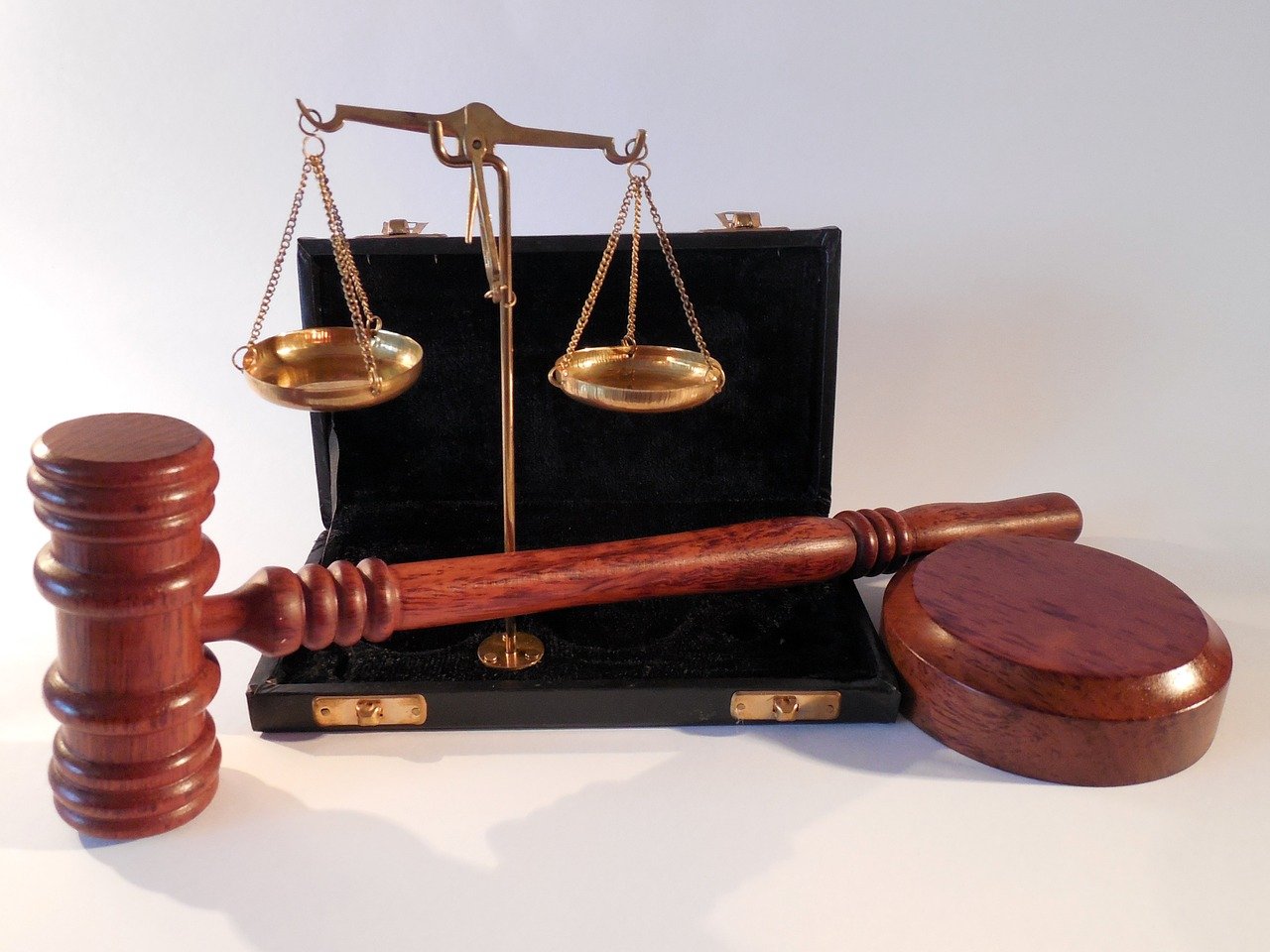How to Be Less Judgmental?
In today’s society, it seems that more and more people feel the need to judge others. Sadly, many of us live in a world where we feel like our peers for everything are constantly judging us. This judgment can lead to feelings of insecurity and left with the feeling that you have no control over your life. The good news is that there are some steps you can take to avoid being less judgmental!
Make a conscious decision to be less judgmental.
A wise and conscious decision to be less judgmental is to pay more attention to how you see others.
To do so, start by looking at your thoughts and habits with a critical eye as well. This practice will help you notice when your judgments are based on fear or greed rather than truth and awareness of reality. It also helps us separate our roles in life from that of the people we judge; for example, if judging someone’s actions leads them to feel shame, then it would be wise not to take this on personally but use compassionate observation without judgment instead.
Be aware of your judgments and how they affect others.
When you judge anything, first be aware of how your judgments affect yourself and those around you. When it comes to judging others, remember that what is appropriate for one person may not be as appropriate for someone else–everyone has different needs and wants in life. Remember also that other people’s actions are often rooted in their assessments of the world; they needn’t match up with yours at all times.
When you notice a judgment popping into your head about something or someone, try to think about why this thought popped out rather than trying to suppress it. If you’re feeling frustrated or jealous when having such thoughts, don’t shame yourself but instead explore whether there might be some way these feelings could have been resolved differently.
Stop judging yourself, too!
When you have done anything wrong, it’s natural to judge yourself. It happens so automatically that you may not even be aware of how often you do it. When I talk about judging, what I mean is being hard on yourself and all the wrong things with who you are or your actions.
You can’t change anything until. First, you accept where they stand now in life-and stop trying to improve something before accepting its current state. One way out of this habit is by changing how we think about ourselves when we make mistakes: Instead of telling yourself, “I did such a bad thing,” try rephrasing it as “I made a mistake.” This will decrease the amount of shame and guilt felt after making any error.
Recognize that everyone has their own story and life experiences

You should acknowledge that everyone has their own story and life experiences that have led them to take certain actions. A person’s history has a major effect on how they behave in the present day, so it can be hard to determine how much you should judge someone based on their current actions alone.
To break the cycle of judging others too harshly, try not to make assumptions about what people think or feel when you don’t know for sure. It is possible that even if a person is acting rudely, there may have been something happening with them before your interaction started, which could’ve caused this behavior (i.e., anxiety). Assuming negative intentions towards somebody without knowing any background information will often lead you down an erroneous path where you are judgmental.
Practice empathy by imagining what it would feel like if you were in someone else’s shoes
To be less judgmental, practice empathy by imagining what it would feel like if you were in someone else’s shoes. You will start to realize that the things they are doing may not be “wrong,” Instead, there is just a different perspective on how life can or should work.
Each person has their own experience, which means each opinion differs from one another because of this unique journey through life.
The way people live their lives looks much different from yours, so before making assumptions, consider how your judgments might cause harm to others’ feelings and thoughts about themselves. If you want other opinions, ask for them first! It’s okay- as long as the conversation stays honest and true, then everyone wins at being less judgmental even when some answers contradict your personal beliefs.
Learn from the mistakes of others without making them out to be worse than they are
You should learn from other mistakes, but don’t make them out to be worse than they are.
Don’t let someone else’s mistakes dictate how you feel about yourself or your life in general.
This has the potential to create a snowball effect of negativity that can quickly become overwhelming if not controlled and handled properly.
There is no need for this! The problem with judging from other people’s mistakes is that it often leads us to make future decisions based on what we think might happen instead of trusting our intuition, which may provide better results. If you’ve never made any significant mistakes, then congratulations–you’re one lucky person who doesn’t have much room for growth either way so take some time to pat yourself on the back before continuing.
Understand what you’re judging
Have you realized what you are judging? Is it just action, or is it a person? What are your judgments about that person’s race, gender, sexual orientation, and so on? And how would you feel if someone judged you for the same things?
You might not care what others think of you. But when we judge other people harshly without examining our behavior first, we’re often really trying to convince ourselves that we’re better than they are. This judgment can also come from outside influences like popular culture or friends who make negative comments about certain groups, like those with mental illnesses or immigrants.
Take a step back and see the whole picture.
Take a step back and see the whole picture. Try to see how your judgmental thoughts affect other people and the world.
For example, if you have a friend who’s always late, don’t let it bother you or make an issue out of it- remember that they are likely rushing as fast as they can to get there on time. If someone is angry at their spouse for forgetting something important during an argument, try not to judge them- instead empathize with the situation by remembering what happened when we’ve forgotten things in our arguments.
When making decisions about others, take some time before jumping to conclusions: think about how much information you know and whether or not this may influence your opinions or judgments.
Consider how others feel when you judge them.

When you comment on someone else, consider how that comment or judgment could make them feel. They might make a self-deprecating remark about themselves to deflect the moment of judgment you just made public.
The next time someone is deciding and seeking your advice, try to disregard their choices for what they are not rather than focusing on why it would be wrong for someone else with different circumstances. When people are being judged by others who have no investment in their life decisions, there may be underlying reasons why those judgments were passed down: jealousy or anxieties over one’s shortcomings come into play here – but do we need to point out these things?
Question if there’s anything good about the person or thing that you’re judging
Ask yourself if there is anything good about the person or thing that you’re judging. This is a question of perspective and how we choose to see the world around us.
If you can find something good in someone’s actions-even if it’s just their tenacity when they persevere through hardship-you’ll be less likely to judge them as harshly for what may have been an oversight on their part.
Reflecting on our flaws often helps us see others’ humanity more clearly, too; learning from your mistakes will help make sure that you don’t repeat them with other people!
Don’t judge people based on their appearance.
You should not judge people based on their appearance. It’s important to take the time and get to know someone before you judge them. Please don’t make any assumptions on how they may be feeling or what their situation might have been because everyone is at different levels in life. Ensure that your judgments are not based on a person’s age, ethnicity, race, gender identity/expression, religion, or socioeconomic status.
For judgmental people to change themselves, they need to learn empathy which will help create more understanding of how other people feel about certain situations while also eliminating stereotypes and prejudice against others. If these changes, don’t expect it too soon but do let it happen naturally, not to force anything.
Forgive those who have hurt you in the past–you’ll be happier for it!
Forgive those who have hurt you in the past–you’ll be happier for it! This may sound like a big ask, but it won’t mean much until you do.
Forgiving those who wronged you will not only make your life easier and less stressful but also help free up some of that mental space to forgive yourself. Sometimes we hold onto our anger because we want someone to feel guilty or ashamed about what they did; however, forgiving them frees us from feeling shame. You no longer need to hang on to how upset this person made you, which means nothing is weighing down on your shoulders anymore.
Practice self-compassion

Self-compassion can help you to be less judgmental because instead of criticizing and judging yourself, you are kind to yourself. This is going against what people often do when they judge themselves, leading down the path of self-criticism or even depression if not checked in time.
This doesn’t mean that you will never get disappointed with your actions, but it does make life easier by giving away forgiveness without dwelling on mistakes too much.
If you’re struggling to forgive yourself after some mistake, try writing about how it feels from inside your body rather than just analyzing the situation from an outside perspective. Sometimes we need to sit with our feelings before making any judgments about how things should have gone differently.
Notice when you are judging others, and then practice kindness towards that person instead
Take a look at when you are judging others and how you can practice kindness.
- Notice when you are judging others, and then practice kindness towards that person instead
- Practice active listening by repeating back what the other is saying to show that you’re hearing them
- When someone tells a story about something they went through, ask if there’s anything else they want to say or any advice for future listeners/friends who might be going through similar experiences.
Don’t judge yourself for being judgmental – it’s a natural human reaction
You know our human brains are wired to make judgments. We have a lot of time spent in our lives making snap decisions about how we feel and what we think, so it makes sense that the majority of these would be negative – whether this is how other people behave or ourselves for not living up to some expectation.
But judging yourself doesn’t do you any good: if anything, all it does is reinforce your negativity and self-defeating thoughts! So stop doing it by following some simple steps below on how to be less judgmental towards you.
Use the power of words to be less judgmental.
To be less judgmental, you have to be mindful of how often you use negative words. Negative words are judgmental because they have connotations that can make people feel bad about them. It is important to remember the power of language when it comes to being less judgmental because our words carry so much weight!
To avoid using judgmental terms in your day-to-day conversations and thoughts, consider replacing them with more positive ones. For example: instead of saying “I’m not good at math,” say “I’m better at other subjects.” This will help you stop judging yourself before you even start and show others that they shouldn’t judge.
Summing Up,
It’s time to make a conscious decision to be less judgmental. The world can feel like an unforgiving place, and it only takes one person judging you for that feeling of isolation to set in. Yet, so many people judge others without realizing the implications of their words or actions. While everyone is entitled to their opinion, being aware of your judgments and how they affect others should reason enough not to engage in this behavior too often. If we all took more care with our words and what we say about other people, the world would undoubtedly become a better place! Start by recognizing that everyone has their own story and life experiences; try practicing empathy by imagining what it would feel like.



